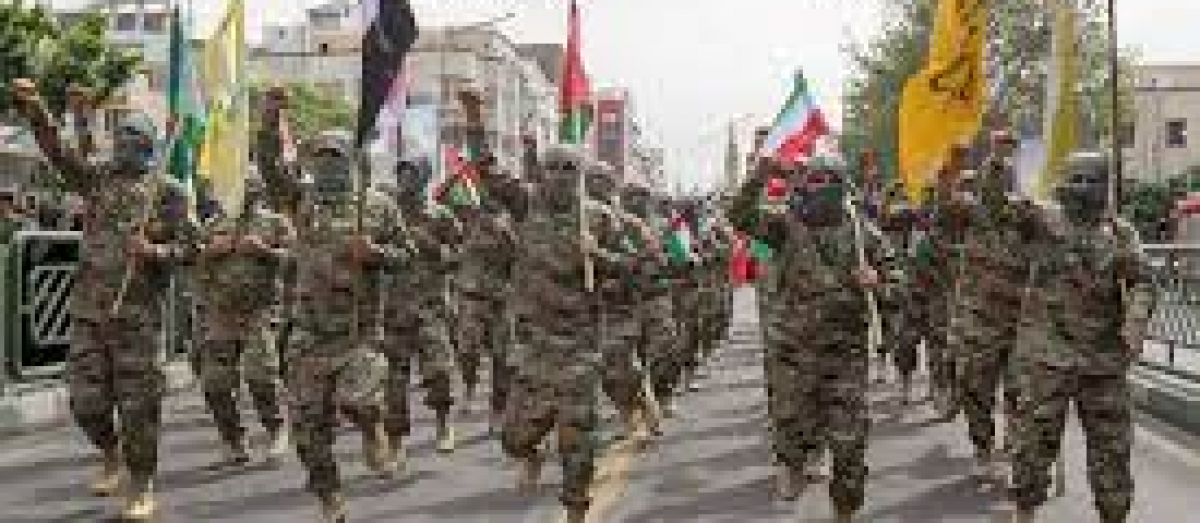Understanding Iran’s Support for Shiite Groups in Iraq
Iran’s support for various Shiite groups in Iraq is a complex phenomenon with significant implications for regional politics and security. As political scientists, it’s crucial to delve into the motivations and objectives behind Iran’s backing of these groups to gain a deeper understanding of the dynamics at play in the Middle East.
Regional Influence:
At the heart of Iran’s support for Shiite groups in Iraq lies its desire to maintain and expand its influence in the Middle East. Tehran sees Iraq as a crucial arena for projecting power and shaping regional dynamics. By supporting Shiite militias and political factions, Iran aims to wield influence over Iraqi politics, security, and foreign policy decisions.
Counterbalancing Sunni Extremism:
Iran perceives Sunni extremist groups, such as ISIS, as a significant threat to its interests and regional stability. The rise of ISIS in Iraq particularly alarmed Tehran, prompting it to bolster Shiite militias as a counterforce against Sunni extremism. By supporting Shiite groups, Iran aims to prevent the spread of Sunni extremism and protect Shiite communities in Iraq from sectarian violence and persecution.
Counterbalancing Sunni Extremism:
Iran views itself as a guardian of Shiite communities not only within its borders but also across the wider region. With Iraq’s substantial Shiite population, Tehran sees supporting Shiite groups as a means of safeguarding Shiite interests and ensuring the well-being of Shiite communities in Iraq. This sentiment resonates deeply with Iran’s self-perception as a defender of Shia Islam against perceived threats.
Opposition to Western Influence:
Iran’s support for Shiite groups in Iraq is also driven by its longstanding opposition to Western powers, particularly the United States. Since the 2003 invasion of Iraq, which ousted Saddam Hussein’s regime, Iran has been wary of U.S. influence in the region. By backing Shiite militias and political factions, Iran seeks to challenge and undermine U.S. interests in Iraq, thereby diminishing Western influence and asserting its own regional hegemony.
Geopolitical Leverage:
By cultivating close ties with Shiite groups in Iraq, Iran gains geopolitical leverage over the Iraqi government and can influence key decisions regarding security, energy, and foreign policy. This leverage allows Iran to advance its own interests within Iraq’s political landscape and shape the country’s trajectory in ways that align with Tehran’s strategic objectives.
Conclusion:
Iran’s support for Shiite groups in Iraq reflects a multifaceted strategy aimed at consolidating its influence in the region, countering perceived threats, and advancing its geopolitical agenda. As political scientists, it’s essential to analyze Iran’s motivations and objectives in supporting these groups to grasp the complexities of Middle Eastern politics and the dynamics shaping regional security. Understanding Iran’s role in Iraq is paramount for policymakers and analysts seeking to navigate the complexities of the Middle East and promote stability in the region.


